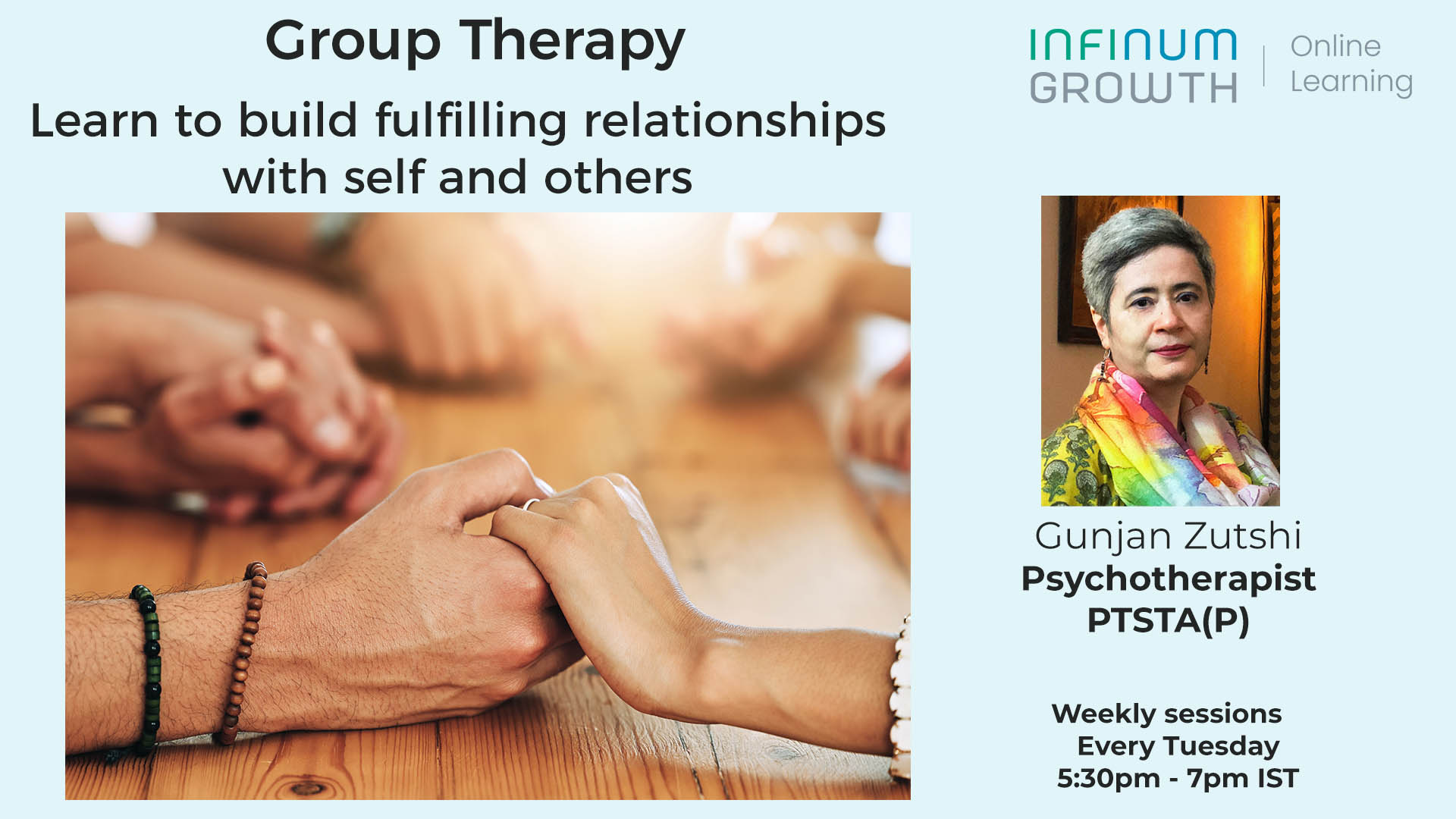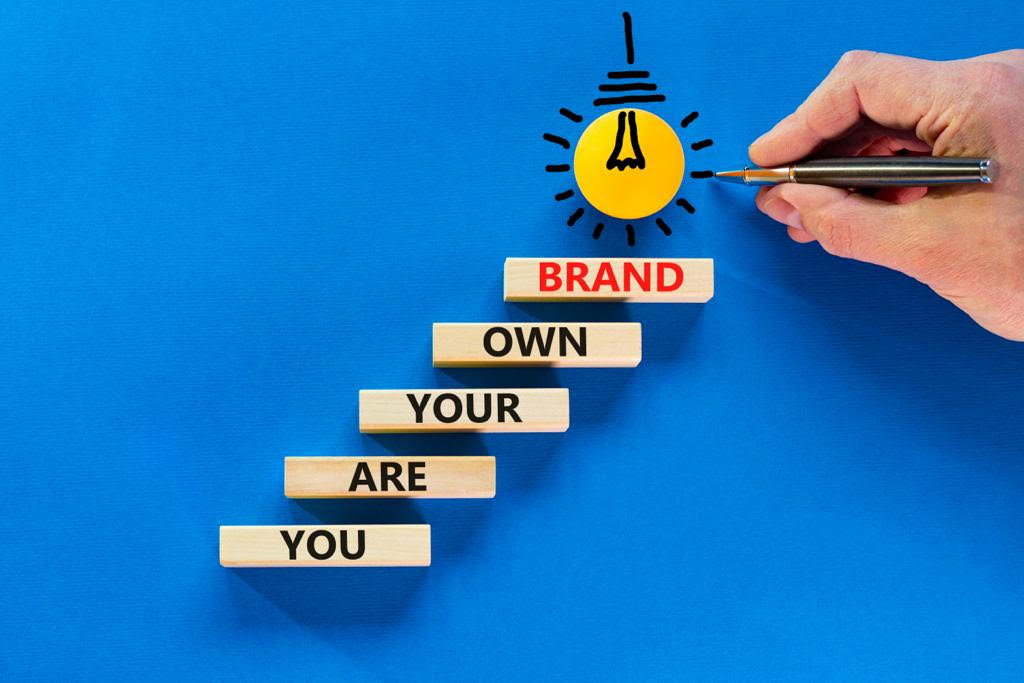According to the U.S. Bureau of Labor Statistics, over 47 million Americans voluntarily quit their jobs in 2021, in what is now being called “The Great Resignation”.
While this was a record, in part due to the COVID-19 pandemic, even the prior 10-15 years had seen a trend of a steady increase, in the number of workers resigning at younger ages.
The path to this decision point varies for every individual; and the decision and timing of “retirement” is determined by a number of considerations – personal, financial, employer’s benefits policies, level of job satisfaction, etc.
Often, these factors manifest themselves in the form of deep frustration and career fatigue – a strong desire to either change the career path or to abandon it altogether.
Career Fatigue builds over time
Let us delve into the build up of career fatigue. It is not limited to the US or other developed economies. Workers in many parts of the developing world too are feeling overworked, under-paid, stressed and under-appreciated.
Unlike transient tiredness and exhaustion, resulting from specific physical or mental exertion, the fatigue associated with a career typically builds up over time and can be long-lasting.
Long working hours, work-life balance, level of responsibility, recognition of effort, ability to achieve desired results, etc; all contribute toward a slow depletion of enthusiasm and motivation for maintaining the energy levels needed to continue to want to work.
For many of us, career fatigue starts to build roughly 10-12 years into a steady employment path. While some level of stress is healthy, each of us has the power to preempt the worsening of this feeling that impacts our lives and careers.
What causes Career Fatigue?
To understand the cause of career fatigue, one needs to first recognize and acknowledge the feeling of dissatisfaction. Next, take time to jot down the specific triggers, to determine if any of them could be addressed by your own response to them.
Some of the triggers that could be addressed, are the following –
1. Work-Life balance
If duties at work vs at home are causing stress, could you either get extra help at home or negotiate with your manager on the level of responsibilities or time spent at work, without impacting your productivity?
2. Recognition
Do you feel your efforts and work output are not being adequately recognized? Have a candid conversation with your manager. Seek feedback from partners, clients and teammates. Many times, how others perceive you or your work, can be quite different from your own judgment.
3. Career Stagnation
Have you been performing the same work for a long time and do not see a future there? It is not always clear how much time in a role is too long; but a general rule of thumb would be that after 2-3 years, one should assess whether continuing there is desirable and productive.
Each individual’s preference and personal situation varies, but investigating opportunities in other areas of the business; or even outside the company, is a healthy pursuit, whatever be the final decision.
4. Competitive pressure
In a dynamic and fast-growing industry, you might feel challenged to continuously keep up with changes in technology, market pressures or expectations from senior management to deliver faster, in order to stay competitive. This can soon lead to burnout, if you do not approach it with a healthy frame of mind.
Think of the excitement around developing something new and the contribution you are making, to the longer-term success of the industry! As small as each individual’s role might be, the collective effort is what will lead to true change. Recognize and embrace change – your mindset matters.
5. Information overload
As much as we cherish access to information on our fingertips, advances in technology can result in an excessive supply of data, that can be overwhelming. It helps to take time to sort out, what is actually relevant to you; otherwise you might soon be drowned by noise, even if some of the information and opinions might seem interesting.
Taking a 360 degree look at one’s life
In addition to addressing the specific triggers that are causing an on-set of career fatigue, step back and evaluate your life holistically.
1. Family and Community engagement
In order to be happy at work, you need to be content outside of work. Many of us are consumed by work at the expense of everything else.
- Practice self-care via meditation, nature walks, yoga, listening to or learning music or other art forms in order to recharge.
- Dedicate regular uninterrupted time to spend with family and friends, where you are fully disconnected from work.
- Regularly engage in service to others – you could mentor less-privileged children, participate in community development projects or any other activities that are meaningful to you.
2. Mentorship
Each one of us needs a mentor or sponsor, who can be a confidant and guide us throughout our professional journey. Make an effort to reach out to a leader within or outside your company, that you can have candid conversations with. Set up regular check-ins with them; say, once every month or two initially. Use the time for constructive feedback and evaluation of progress; and not use it as a complaint session.
3. Personal development
Invest time in educating yourself in your field of interest, not only through formal coursework from reputable institutions but also by attending industry conferences and expanding your network. Open your eyes and ears to newer opportunities.
Take Counselling help, if you feel that could help you know and manage your inner self better and bring change in the way you respond to situations.
4. Proactive leadership
As you grow your expertise, lead and mentor new entrants to the team. Supporting others helps you as much as them, by gaining new learning, exposure and confidence.
5. Networking
Finally, make time to periodically socialize with colleagues after work, especially in today’s work-at-home and hybrid work environments; when in-person interactions are challenging. It truly helps to de-stress when you understand how others might be addressing similar issues. Embrace new ways of solving, for what might become a seemingly irreversible state of mind.
In conclusion, recognize the on-set of career fatigue and dissatisfaction at work and address it head-on by being proactive. You alone have the power to minimize its impact on your health and well-being.
If you are feeling the onset of career fatigue and need help in navigating its impact on the mind, while you plan your way ahead, check out InfinumGrowth’s Counselling & Psychotherapy services.
Please do leave your comments at the bottom and do share with others if you like this article.


















